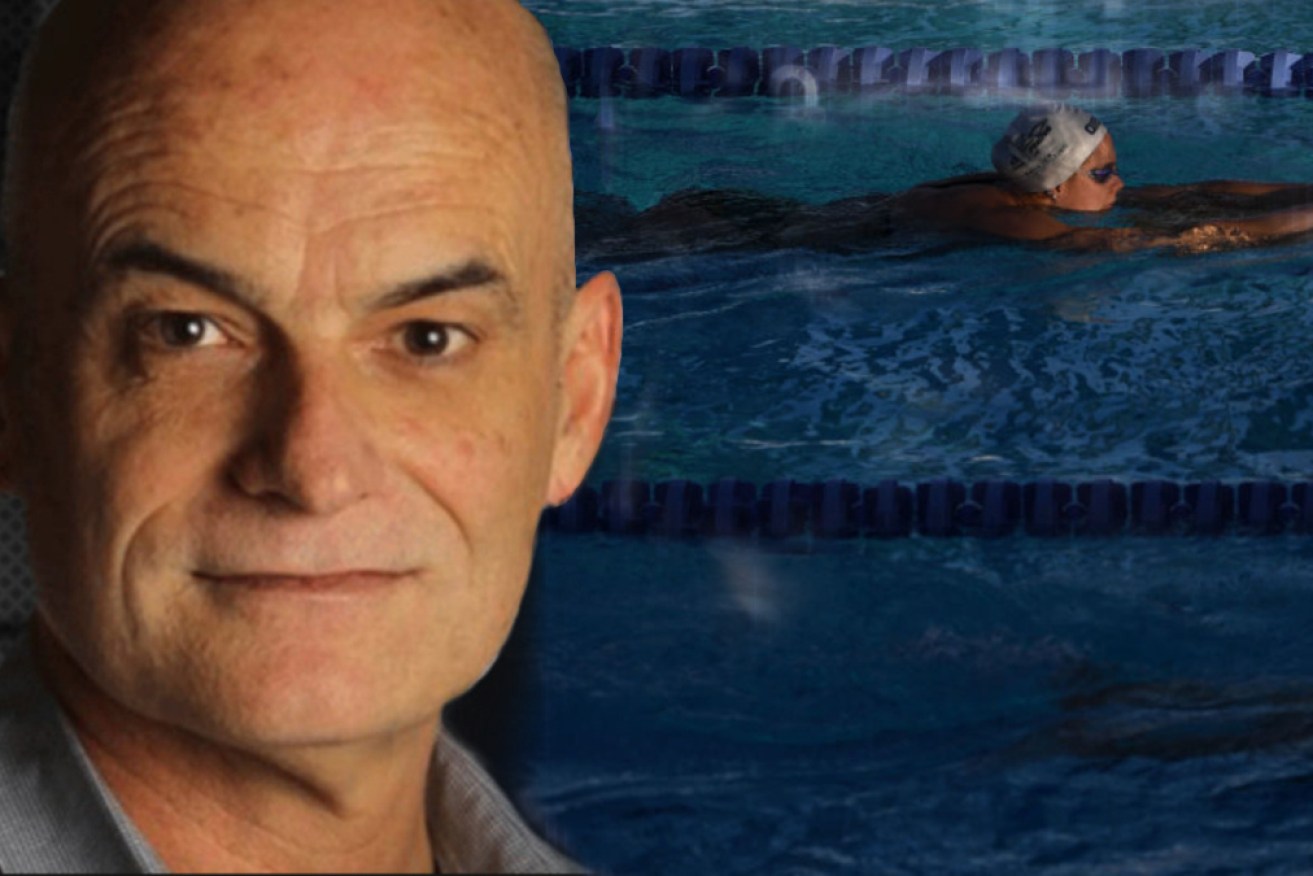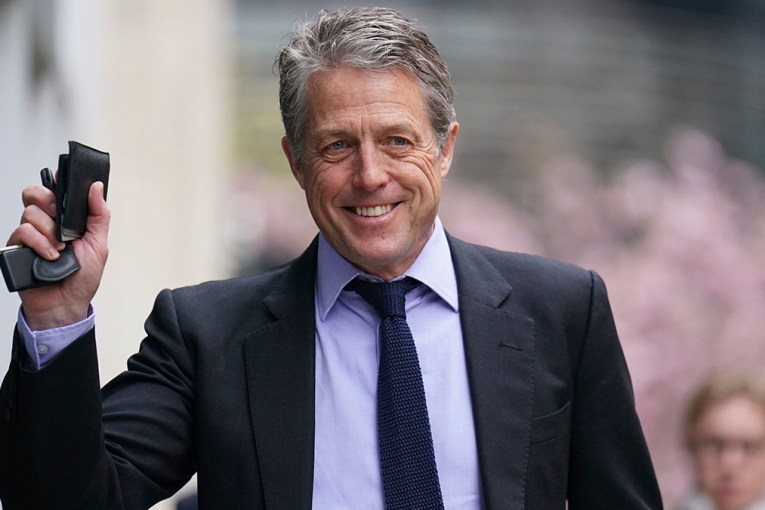Disgusted by drug cheats? Time to take our heads out of the clouds of a fantasy sporting world


Garry Linnell: Athletes already have an unfair advantage. Photo: Getty
The crowd rises to its feet. The applause is deafening. An astonishing performance has just taken place and now hearts are soaring and tears are forming and fists are pumping the air.
What a world-class achievement.
How is it possible for one human being to display such coolness under pressure, to control their technique and maintain their timing in front of so many paying spectators?
Performance-enhancing substances, that’s how.
Anyway, enough about classical music.
It has been widely known for decades that many world-class musicians and high-profile soloists use tranquilisers and beta blockers – drugs normally prescribed to slow the heart and lower blood pressure – as a method of dealing with stage fright and performance anxiety.
And we love them for it.
The Beatles spent their final years together ingesting large quantities of chemicals and writing songs in a thick haze of marijuana smoke to produce some of their most memorable work.
And we still love them for it.
But athletes? The past week has seen the usual predictable outpouring of clichés and faux outrage. Australia’s Mack Horton was widely applauded for refusing to share the podium with China’s Sun Yang after finishing second to him at the world titles.
And then came the news that another Australian swimmer – Shayna Jack – had tested positive to a drug that helps increase muscle mass. Oh, the horror and embarrassment.

Shayna Jack at training before the world championships. Photo: Getty
Once more the gold medal for sanctimonious double standards goes to us – the public – for clinging to an outdated and absurd notion that sport should be “pure” and “noble”.
In this adolescent-like fantasy world, sport is never about business or crass commercialism but a heavenly place where athletes live up to some mythical amateur ideal, experiencing triumph and enduring tragedy, all in slow motion accompanied by the soundtrack from Chariots of Fire.

Actor Ben Cross in a scene from the film ‘Chariots of Fire’, 1981. Photo Getty
Many of us are happy to spend hundreds of millions of taxpayer dollars funding the dreams of elite athletes and subsidising their expensive journeys to high-altitude training camps.
And when that thin air triggers a key hormone – erythropoietin (EPO) – to produce more and more red blood cells that deliver more oxygen to their muscles and help win an Olympic gold medal, we stand and applaud.
Cutting-edge dietary supplements? More of them, please! Dosing up on sodium phosphate to improve endurance? Why not? Not much difference between that and the rest of us gulping strong coffee to perform well in front of the boss, really.
But cross what is really an arbitrary line by using, say, a synthetic version of EPO and the frenzy and wailing begins.

Australian distance runner Craig Mottram recovers after an altitude training session at Falls Creek in 2008. Photo: Getty
This, despite the fact that the Olympics have been a fetid cesspool of drug taking and cheating ever since Thomas Hicks was given two doses of strychnine and a shot of brandy to help win the gold medal in the 1904 marathon.
Well, Hicks actually finished second behind a New York bricklayer called Fred Lorz. But it turned out Lorz’s effort had been artificially enhanced by travelling 11 miles of the course in a car driven by his manager
- Read more: Shayna Jack banned from swimming league
In modern sport it seems we have two options confronting us because the status quo – continuing to spend enormous sums funding athletes and then tracking and testing them for drug use – clearly doesn’t work.
We’ve been running this admirable but ultimately futile exercise for close to half a century and what have we ended up with?
A world where elite athletes with access to the best facilities, scientists and chemicals maintain a strong lead over the technology used to detect their drug use.

Mack Horton refuses to stand on the podium beside Sun Yang. Photo: Getty
So we either stop funding sports that produce drug cheats and put the money toward things that provide a real community benefit like … oh, schools and hospitals … or allow everyone to use performance-enhancing substances.
That’s right. Allow athletes to use drugs. It’s not such a radical idea.
Some studies have found it might be a much fairer way of restoring balance to what has never been a level playing field, anyway.
In case you missed it, the genetically blessed have always had a significant advantage over the rest of us.
Swimmers with long torsos and giant wingspans, sprinters with short twitch fibres and beanpole basketballers have long dominated their sports.
Having won the genetic lottery, they win again by securing lucrative prize money and endorsements.
There is an argument that by allowing the medically supervised use of performance-enhancing substances, those genetic freaks and chemically improved athletes from state-run sports programs will suddenly find themselves with greater competition.
Feeling a little uncomfortable? Squirming a little in your seat? You should.
But not at the prospect of allowing competitors to use drugs – they have and will continue to do so.
Save your disgust instead for the obscene amounts of public money we waste funding elite sports in the first place.
And the absurd fantasies a sporting-obsessed nation continues to cling to.








